Take a detailed look at 7 types of energy storage batteries
Setec Powerr
NOVEMBER 29, 2022
With the worldwide emphasis on renewable energy sources such as solar and wind, energy storage has become an essential solution for grid stability and reliability. Not only that, but energy storage is also an important research direction in the field of electric vehicles. Classification of energy storage.

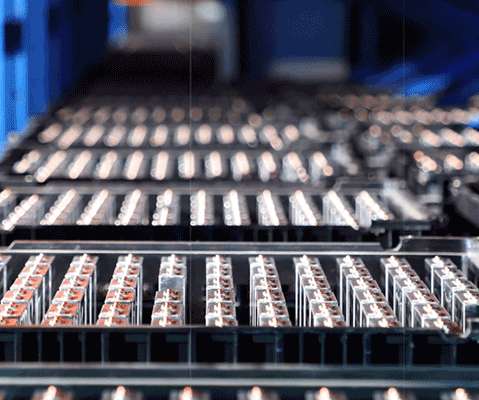


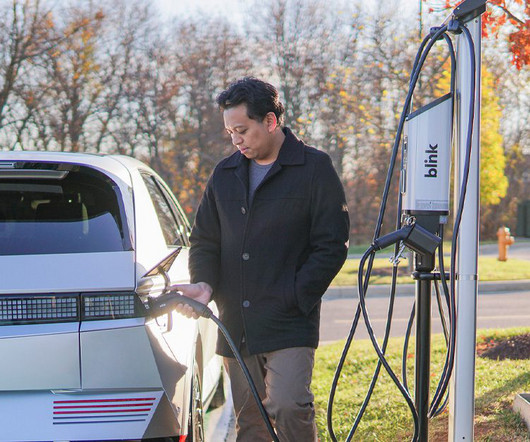

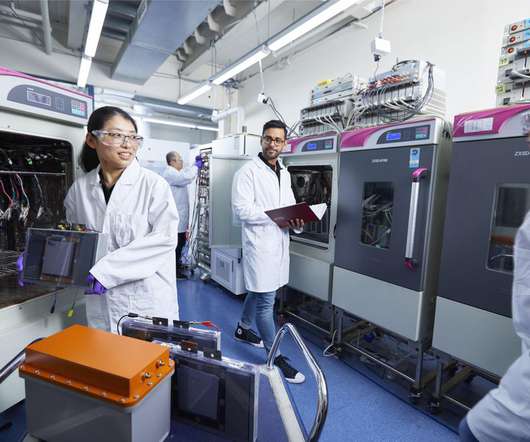
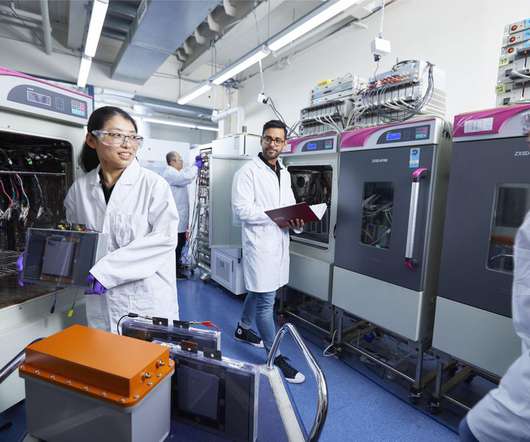
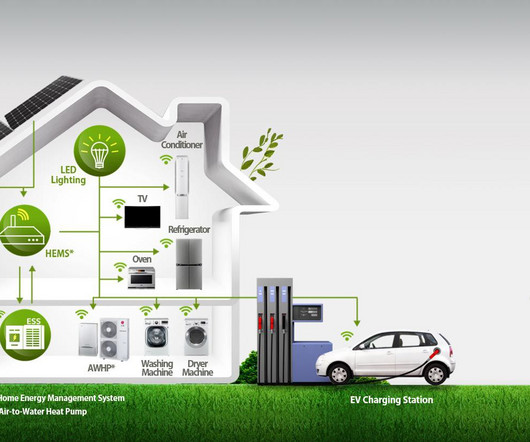







Let's personalize your content